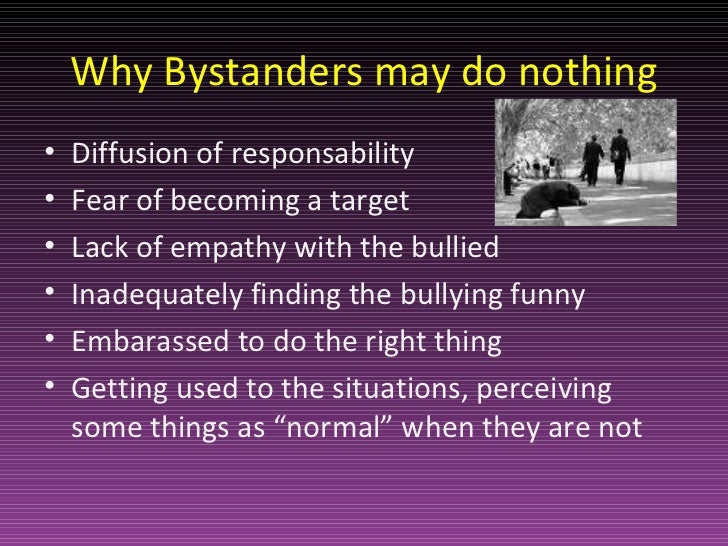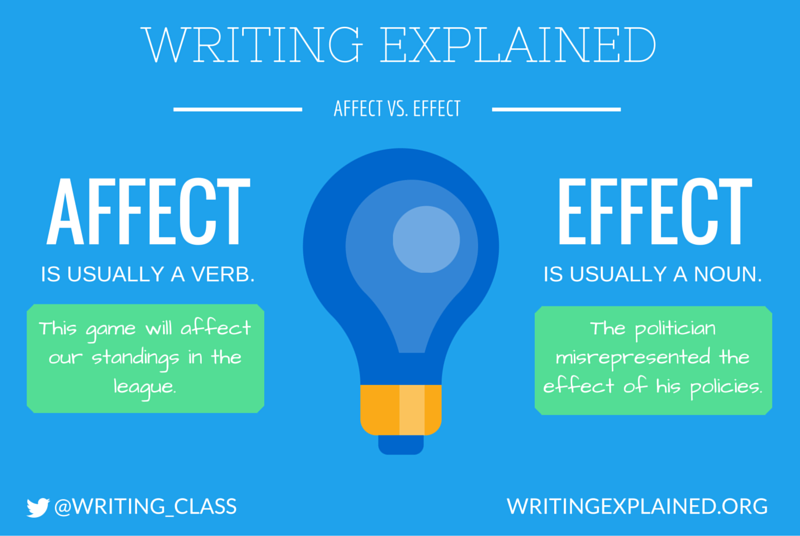

To affect something means that you are exerting an influence on it somehow-that is, you are changing it in some way. It is also a verb that means "to make happen." When to Use AffectĪffect is most commonly used in the transitive verb form (i.e., X affects Y). As a noun, it has a definition specific to the field of psychology (a subjective emotion demonstrated through someone's actions).Įffect: Effect is a noun that means an outcome or result. EffectĪffect: Affect is a verb that means to influence something or, in relation to human behavior, to put on an act. If you're curious to learn about other commonly confused words, check out Scribendi's Guide to Commonly Confused Words, which lists over 350 of these tricky terms. If you find yourself scratching your head unable to discern the difference between affect and effect in the above sentence, never fear! This article will explain when to use each word and provide examples to help you remember which word to use. Here's a sentence that uses both words correctly: "The cold weather affected the crops the effect of the cold weather was a lower yield." Remembering the difference between affect and effect is especially confusing because both words have very similar pronunciations, in addition to having very similar meanings. Identifying our core values and focusing on them, which can lead to a greater sense of purpose and reduced anxiety.Are you unsure about whether to use affect or effect ? Do you find yourself simply guessing which of these words to use in a given sentence? You're not alone. Matthew 6:33 states, "But seek first his kingdom and his righteousness, and all these things will be given to you as well." This verse teaches us to prioritize our values and focus on what is truly important - spirituality and righteousness leading the way. Walking across a log in the forest, Olympic National Fores… | Flickr Lesson 3: Prioritize what truly matters

As young people, we are overwhelmed by the complexities of modern life, embracing simplicity can provide a sense of peace and tranquility, reducing anxiety and stress. This verse suggests that there is beauty and value in simplicity. Lesson 2: Recognize the Beauty and Value in SimplicityIn Matthew 6:28-29, Jesus draws attention to the simplicity of nature, highlighting how the lilies of the field grow without worrying. Students can benefit from practicing mindfulness and concentrating on the here and now, which can reduce anxiety and improve mental well-being. Each day has enough trouble of its own." This verse encourages us to stay present and avoid getting caught up in future concerns. Lesson 1: Focus on the Present Matthew 6:34 reads, " Therefore do not worry about tomorrow, for tomorrow will worry about itself.


 0 kommentar(er)
0 kommentar(er)
